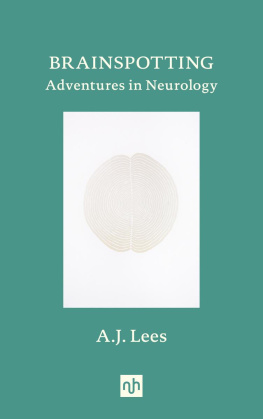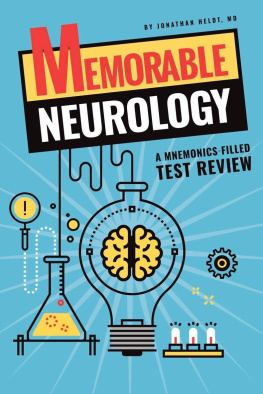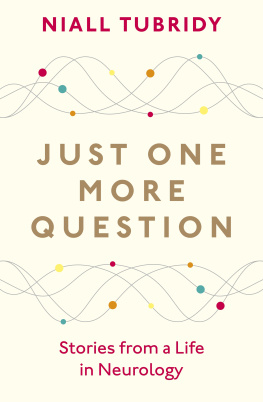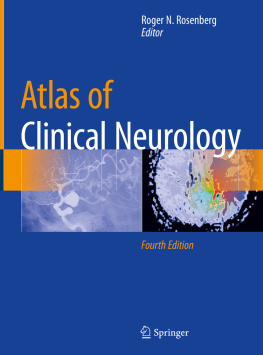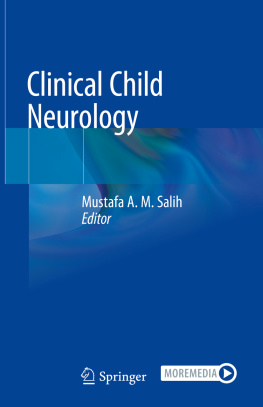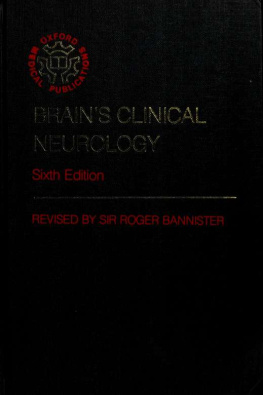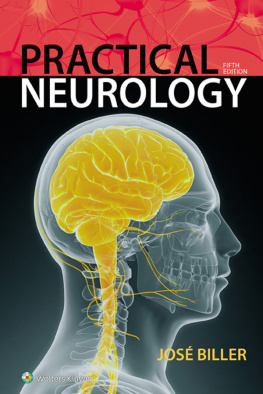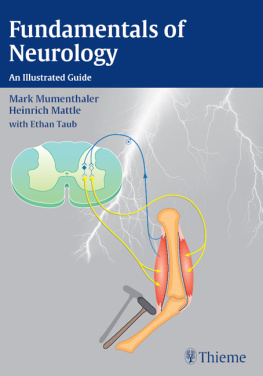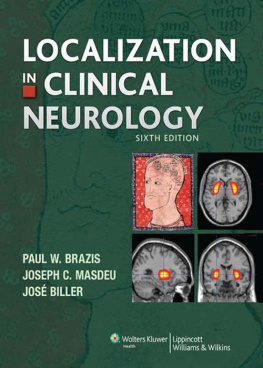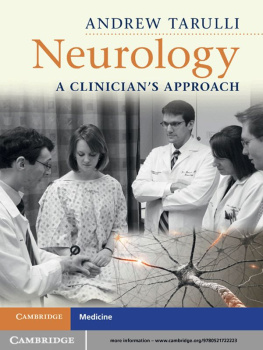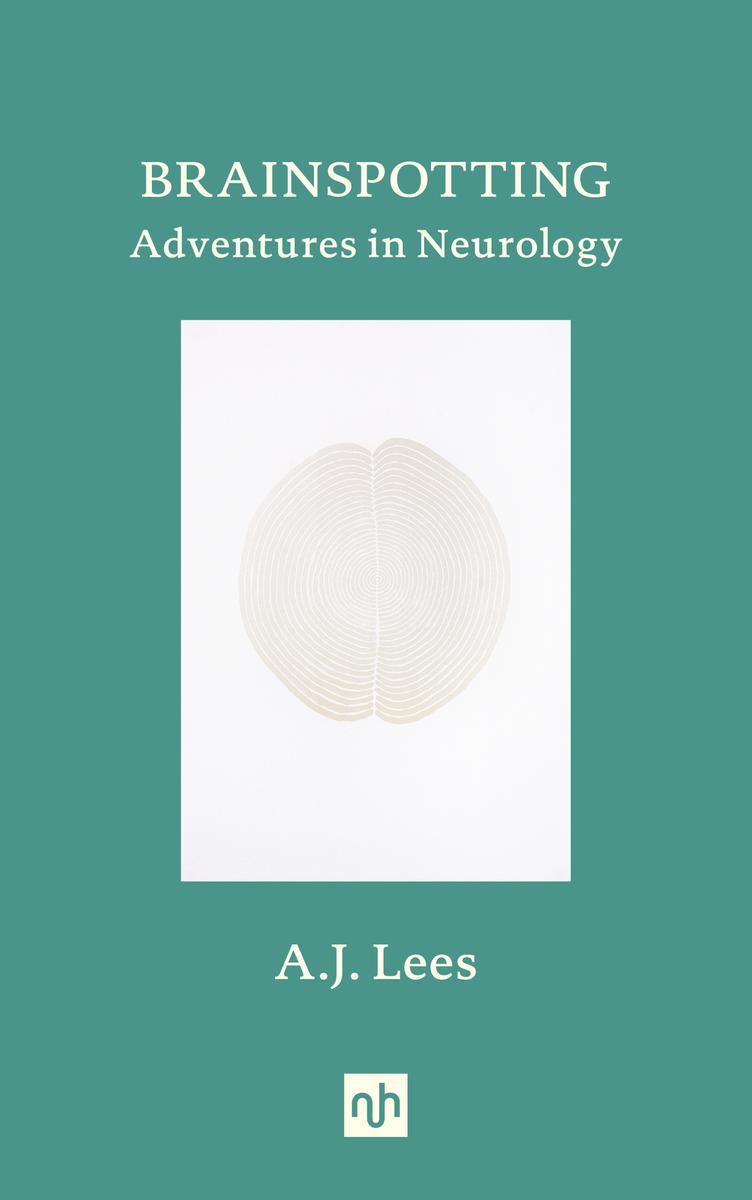Notting Hill Editions is an independent British publisher. The company was founded by Tom Kremer (19302017), champion of innovation and the man responsible for popularising the Rubiks Cube.
After a successful business career in toy invention Tom decided, at the age of eighty, to fulfil his passion for literature. In a fast-moving digital world Toms aim was to revive the art of the essay, and to create exceptionally beautiful books that would be lingered over and cherished.
Hailed as the shape of things to come, the family-run press brings to print the most surprising thinkers of past and present. In an era of information-overload, these collectible pocket-size books distil ideas that linger in the mind.
My dear fellow, said Sherlock Holmes as we sat on either side of the fire in his lodgings at Baker Street, life is infinitely stranger than anything which the mind of man could invent.
W hen I tell people I am a neurologist, very few have much idea of what I do. Common reactions are: Isnt that the same as Gregory House? or How wonderful it must be to study the human mind? When I reply that I make the blind see, the lame walk and can calm the shaking palsy, many assume I must be a brain surgeon. The media prefer to call me a leading neuroscientist even though I spend no time in a laboratory and carry out no research on the healthy brain.
Neuroscience engages the attention and curiosity of the general public despite its complexity, and in the last twenty years various domains of knowledge have acquired a neuro prefix that attempts to link them with the nervous system. Timothy Leary, the Harvard Professor of Psychology who advised my generation to turn on, tune in, drop out with LSD-25, was the first person to link life science with culture, and there are now specialists in neuroaesthetics, neurotheology, neuroeconomics, neuromarketing and even neurolaw.
Neurology, the term coined by Thomas Willis in the seventeenth century to describe the doctrine of the nerves, now refers to the study and treatment of viii disorders of the nervous system. Although both neurology and psychiatry are concerned with disordered behaviour and thinking, a high wall has grown up between the two specialties that has proved very difficult to break down. Most psychiatrists insist that the patients narrative matters in its own right without any requirement for spotlight consciousness. The neurological examination, on the other hand, reminds psychiatrists that in order to solve medical problems they need to observe as well as listen, and that a practical knowledge of the brains morphology and physiology is important.
During my training, neurologists were held in awe for their clinical acumen and their uncanny ability to diagnose zebras and black swans, but equally they were caricatured by colleagues as introverted, analytical eggheads that combined the precision of mathematicians with the scrupulosity of bryologists and the sobriety of undertakers. Theirs was a young science in which expertise had been passed down often by word of mouth at the bedside, from master to master. These supermen, and they were all men, convinced me that it was only a matter of time before every brain disease would be categorised in terms of its anatomical, electrical and chemical connections, and that all mental life would be mapped to a neural substrate. Neurologists were literally the brains of the medical profession; their rational approach drew me in. My own first teachers emphasised that my training ix would be as long and demanding as that required of a vestal virgin in Ancient Rome: that I would need to listen, observe and infer and also learn the importance of contemplation. The method I used was reasoned and left little to the imagination.
It took ten years of apprenticeship before I felt competent to diagnose and treat most of the common neurological syndromes and even longer before I felt reasonably confident to distinguish a healthy person from an ill one. During my long career as a neurologist, I have treated about 30,000 patients in National Health Service clinics, and several thousand more in the consulting rooms at University College Hospital and the National Hospital, Queen Square, London. I have done about 4,000 ward rounds and seen hundreds of hospital referrals. I have taught undergraduate and postgraduate students at the bedside and in seminar rooms and have lectured to colleagues in large auditoria all over the world. I have visited patients in their own homes, although not as many as I would have liked. I have tried to find answers to the questions my patients asked me and which I was unable to answer at the time.
I mention these facts only to illustrate the difference between my medical life and the practice of Oliver Sacks, who, during his lifetime, became the best-known neurologist on the planet. In 1976 Jonathan Cole, a medical student at the Middlesex Hospital, wrote to Dr Sacks to see if he might spend x a two-month elective in his department. After some delay and with some embarrassment Sacks wrote back apologetically saying that he no longer had a salaried post at Beth Abraham hospital, and that he was a neurological gypsy who survived marginally and precariously on odd jobs here and there. He was a physician without a post, a romantic scientist, more at home in the asylums of yesteryear than in the new skyscraper hospitals, but his letters handwritten from his desk in Horatio Street, West Village, New York gave renewed hope to the ignored, and his books made neurology more human. Through his writing Sacks was able to reconcile the afflicted with their environment. To many neurologists he came over more like a psychiatrist in the mould of Sigmund Freud.
I took a different course. I watched my ps and qs and hoped that I could contribute something worthwhile by working inside a healthcare system that I respected and looked up to. I avoided the cardinal sin of letting fantasy get the better of objectivity, and after twenty years I was rewarded with my own department. This allowed me to surround myself with brilliant colleagues and to be inspired by curious young minds. Their example sometimes allowed me to see bigger pictures and through their ideas acquire new ways of detecting disease.
I now work on a different scale and time course with redefined cultural constructions and contexts, but the medical interview and neurological examination xi have remained as vital as ever. The clinical method I describe throughout this book involves paying great attention to detail and has an applicability in reducing error that goes far beyond the diagnosis of disease, yet in spite of its great value it is no more than a type of accurate guessing in which the end point achieved is a name. Over time this name that is given to a collection of symptoms and signs comes to assume the importance of a specific entity, although it is never more than an insecure, ephemeral conception. After almost half a century of seeing people in the clinic, I still feel like an explorer shining a pocket torch into a cave and hoping I will find a precious stone. The careful study of a patients symptoms from the beginning to the end of their disease remains my chosen animal model and I remain as committed to clinical trials, best evidence and the need for medical statistics as I was when I completed my training as a doctor. I am enamoured by the exciting new approaches to restoring function to the brain injured and by the way genetics has changed the face of neurology.

